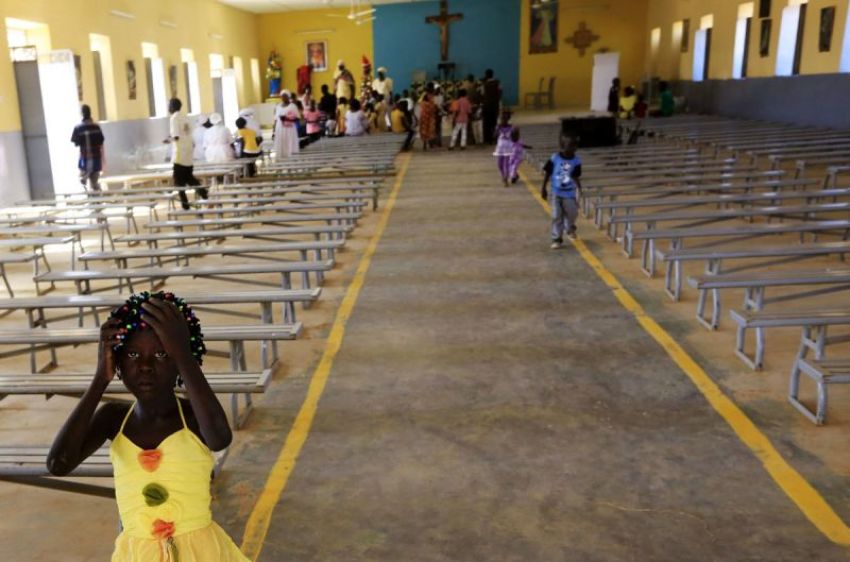Russell Moore, Franklin Graham Orgs. Urge Trump to Tackle Severe Persecution of Sudanese Christians

Several leading evangelical organizations in America have urged U.S. Secretary of State Rex Tillerson to stand up to the destruction of churches and severe forms of persecution Christians and others face in Sudan.
"Sudan's discriminatory laws restrict the freedoms of minority groups and deprives them of their constitutional rights," states the letter, signed by the Rev. Franklin Graham's Samaritan's Purse relief organization, and the Ethics & Religious Liberty Commission of the Southern Baptist Convention, of which Russell Moore is president, among others.
Minority groups that "do not follow the state-endorsed school of Islam" include "Shia Muslims, Qu'rans Muslims, various denominations of Christians, and followers of traditional religions in the Nuba Mountain districts of Kordofan and the southernmost parts of the Blue Nile."
The letter, sent on Thursday, explains in detail the restrictions in freedom of worship that Christians face in Sudan, including the inability to rebuild churches destroyed by government officials.
"There is no possibility of the demolished churches being replaced since in July 2014, Sudan's Minister for Religious Guidance and Endowments announced that the government would no longer issue permits for the building of new churches, stating that existing churches were sufficient for the Christian population living in Sudan following the secession of South Sudan in 2011," the groups explain.
"Since it is also illegal to assemble in public without permission from the government, the restrictions have the effect of preventing Sudanese Christians from congregating to worship."
The evangelical groups also slammed the country's apostasy law, in which any Muslim who declares publicly that she or he adopts any religion other than Islam is found guilty and could be punished by death. Meriam
Ibrahim is perhaps the most well-known example. She was charged with apostasy in 2014 and sentenced to death by hanging for refusing to renounce her Christian faith. She had to give birth in prison while chained. She was released only after extensive international pressure.
Nevertheless, "the Sudanese authorities have continued to charge individuals with apostasy, often using it as a means of intimidation and control," and have further broadened the law in 2015 to charge "Muslims whose beliefs and practices are not in line with the government interpretation of Islam," the letter notes.
Moreover, Christians and others who have spoken out against the destruction of churches and arrests of believers have faced harassment and detention themselves.
The letter also accuses the Sudanese government of restricting the activities of charitable and humanitarian organizations that have religious affiliations, declaring the level of government interference as "practically unworkable."
The evangelicals urge international pressure on Sudan to be increased, and call on the United States to resist lifting sanctions on the Muslim-majority country until it makes several key changes, including bringing the apostasy law in line with international laws regarding the freedom to change one's religion; guaranteeing freedom of assembly and freedom of expression; and ceasing the demolition of churches.
In February, The Christian Post heard from a Christian pastor in Sudan who said that the government has "declared war against Christians" because it's fearful Muslims will be led to Jesus Christ.
Persecution watchdog group International Christian Concern's East Africa team interviewed two Christian pastors from South Sudan on CP's behalf, both of whom were previously imprisoned in Sudan for their faith.
"The reason why persecution will continue growing in Sudan is because the little effort done by Christians is bearing fruit," Pastor Peter Yein Reith said.
"The government of Sudan is using the court to intimidate Christians and international bodies that are trying to preach the Gospel either through churches and one on one witnessing or aiding of Christians who are suffering."



























